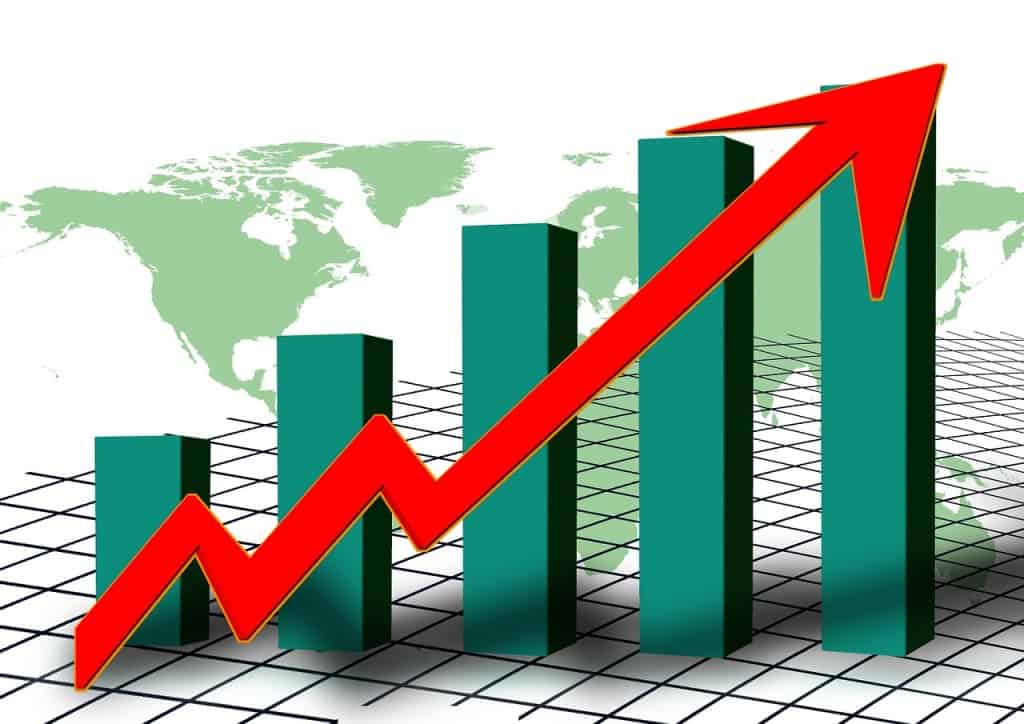As humans we’ve learned that to do well at something, we need to be constantly working at it. Surely you’ve heard that Practice Makes Perfect. Whether you’d like to learn the guitar, play tennis, build lasting and meaningful relationships, the key is often steady work and attention to details.
While this notion of consistent monitoring and work is true in virtually every area of life, it isn’t quite the case with investing. It has been shown in study after study that those who monitor their investments most frequently actually have worse performance than those who monitor less.
Traders Beware
The investment industry has sold the general public the notion that they too can outsmart the markets if they would simply sign up and use the active trader software. It seems easy enough, right? Just use the software, plug in a few variables, and let the computer tell you what is going to happen next based on what has happened (some of the time) in the past.
Joe Six-Pack, sitting comfortably on his sofa and without having done any due diligence on the business fundamentals of companies, decides to give XYZ Discount Brokerage a call. He opens his account, fires up his computer, and enters the world of active trading. Ignoring (or worse, being ignorant of) the fact that even the vast majority of professional money managers underperform the markets, Joe Six-Pack starts placing trades believing he has the ability to beat the odds.
Make no mistake, the notion that charts alone can provide all the advice a person needs to do well in the stock market fails on many levels. No one can see the future and using charting alone amounts to gambling. Those ignoring fundamental analysis and who exclusively trade using technicals are free to argue this point, but the onus is on them to prove they can see the future by doing so going forward, not simply by cherry picking successful examples.
The Future is Uncertain
An active trader is constantly initiating positions only to blow them out shortly thereafter when she’s made or lost a percent or two (whatever arbitrary amount she’s decided). Even if the trader is able to make a small profit, the odds are tipped against her for two simple reasons:
- No one can see the future (including “sophisticated” software programs).
- Fees and commissions slowly eat away with every buy or sell order.
That said, even in an uncertain future there are a few basic assumptions we can make that can help guide our investment decisions. For instance, it is reasonable to assume that in twenty years people will be consuming more food, using more financial service products, still using telecommunications in some way, and using more healthcare products. As such, investing in these industries makes a lot of sense.
The Missing Ingredient: Compounding
The problem with active trading is that you give yourself virtually no opportunity to gain from the most powerful force in the mathematical universe; compounding. The real profits to be reaped with stock market investing come from holding quality companies over the long term, reinvesting the dividends, and allowing your wealth to multiply.
What’s the prescription for our fast-paced environment? Patience, patience, patience. Buying stocks amounts to taking ownership stakes in real companies that produce real products used by real people. They are not just pieces of paper. The stock market is not a roulette wheel.
If you want to make the most out of your investment dollars, you need to keep them invested!
Thanks for your interest.
– The Get Rich Brothers
Do you trade actively or hold your positions for extended periods? Is there real merit to technical analysis and can timing the market work?
Pictures courtesy of pixabay.com



I fully agree with the premise of not trading often. Besides for incurring added fees every time you buy and sell you miss on the compounding as you mentioned. While commission costs these days might be very small when compared to the past, those small fees do add up to a lot over the span of decades. Thanks for sharing.
Thanks for stopping by, DivHut!
What has happened over time is that as commissions went down the brokerages simply ramped up their offers in terms of giving even better deals for more trades. The net result being that they still reap solid profits on higher volume instead of raking you only a few times for a higher price. These guys know what they’re doing.
– Ryan
I used to trade pretty heavily when I first got an online broker. Did okay, but those commissions killed me. And I used to own some great companies, which would have made me a lot of money if I would have just held on to them. UNP at $90, AAPL at $500 pre-split. That’s why I made my sell criteria so strict, to avoid mistakes of commission like that. Oh well, live and learn!
Good to hear from you again, DivDev,
The entire industry is designed to make people think it is necessary to actively trade in order to make money. That’s why commercials will always broadcast how you can trade for super low commissions if you’re meeting some arbitrary minimum such as 250 trades per quarter. It’s crazy. I probably won’t even make 250 trades in the next decade, let alone the next quarter!
It’s also true, like you said, that you wind up kicking yourself for having owned companies and not held them for longer – with the reality that it’s really a spin of the roulette wheel when trying to make short term gains in the stock market. AAPL in particular will be so interesting to watch over the rest of our investing lifetimes. With tech it is so damn hard to predict what the future will look like.
– Ryan